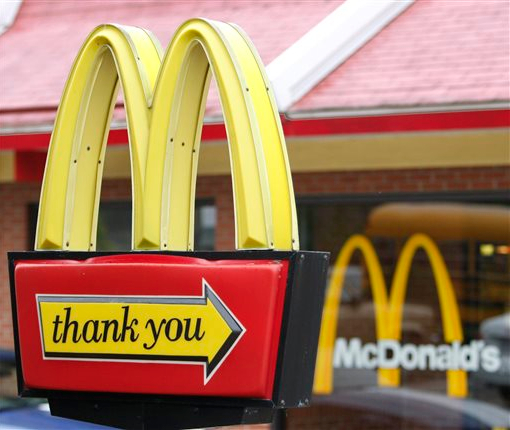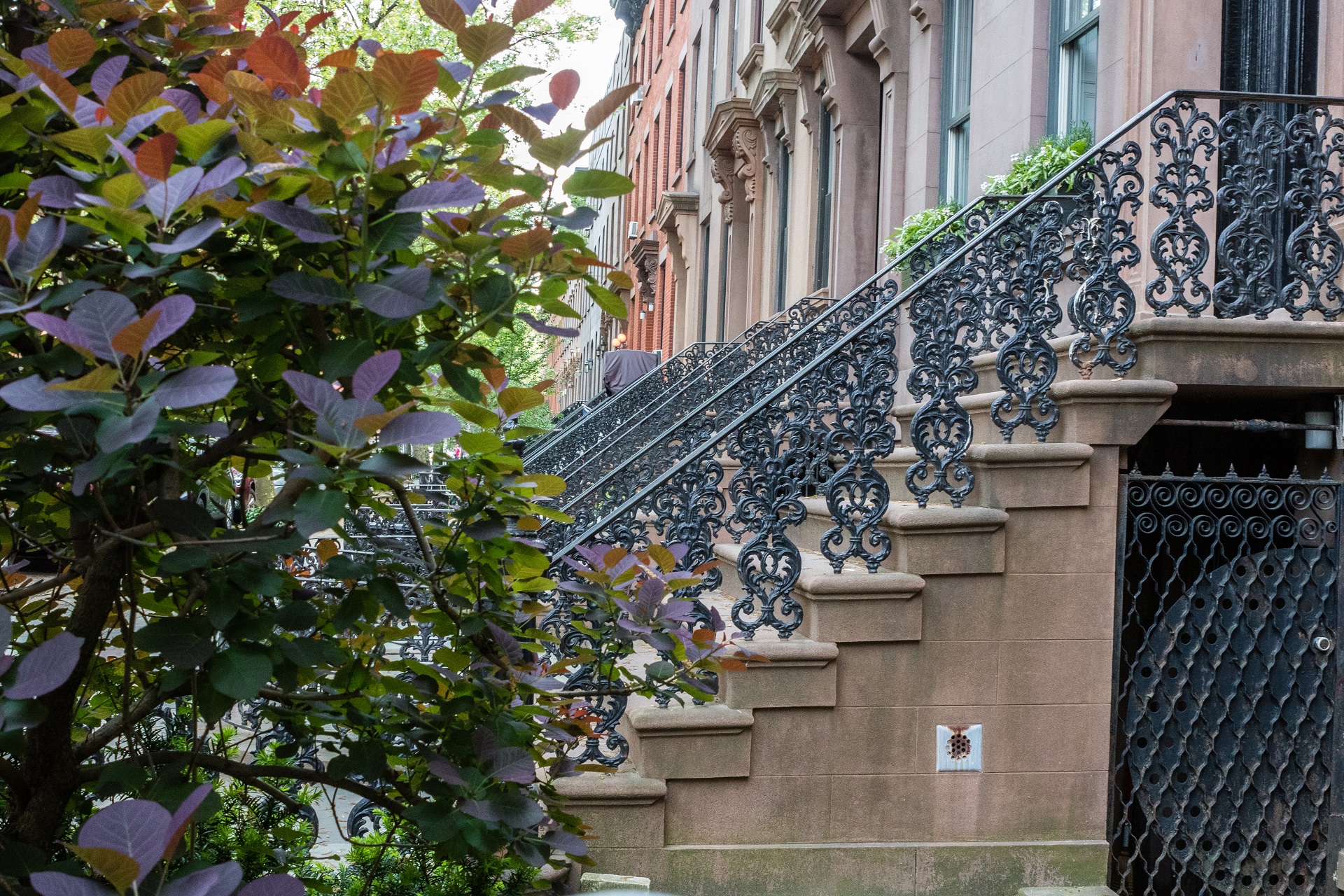Hot Coffee Redux: Court Street McDonald’s sued for too-hot coffee
Brooklyn Appellate Court Finds Possibility that Hot Coffee was ‘Unreasonably Dangerous’

A panel of Brooklyn judges has unanimously ruled that facts exist to allow a trial against a Brooklyn McDonald’s for serving too-hot coffee that allegedly burned a customer.
In a recent decision, the Appellate Division, Second Department, partially dismissed a summary judgment order in favor of a plaintiff who slipped and fell in a McDonald’s located at 82 Court St. in Brooklyn Heights.
According to court documents, Boris Khanimov ordered a coffee from the fast-food restaurant. At some point, Khanimov alleges he slipped and fell inside the store, spilling hot coffee and burning his upper body. Khanimov filed suit against the larger McDonald’s Corporation as well as the 82 Court St. franchisee. A Brooklyn Supreme Court justice dismissed Khanimov’s suit in its entirety, prompting the burned plaintiff to appeal to the higher court.
